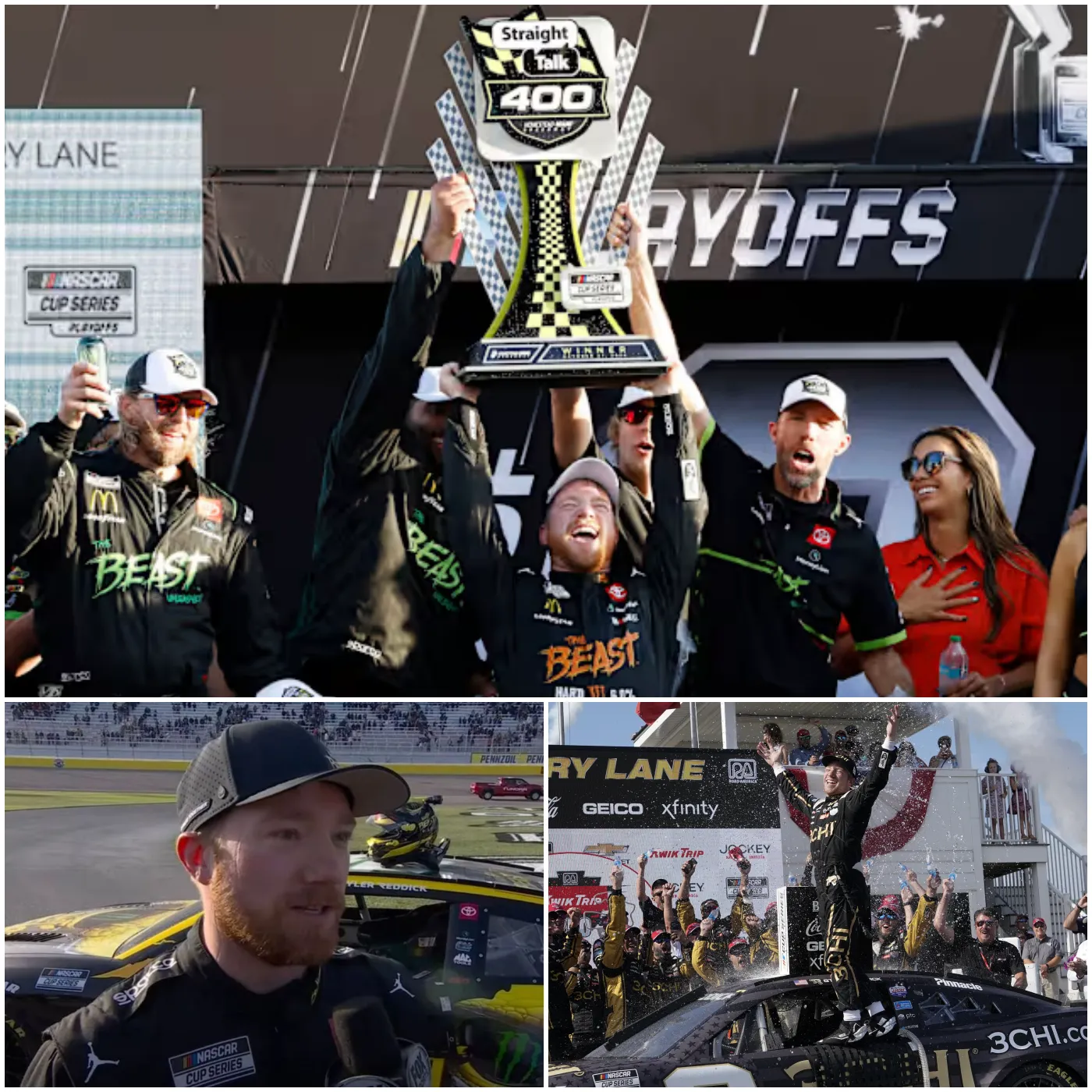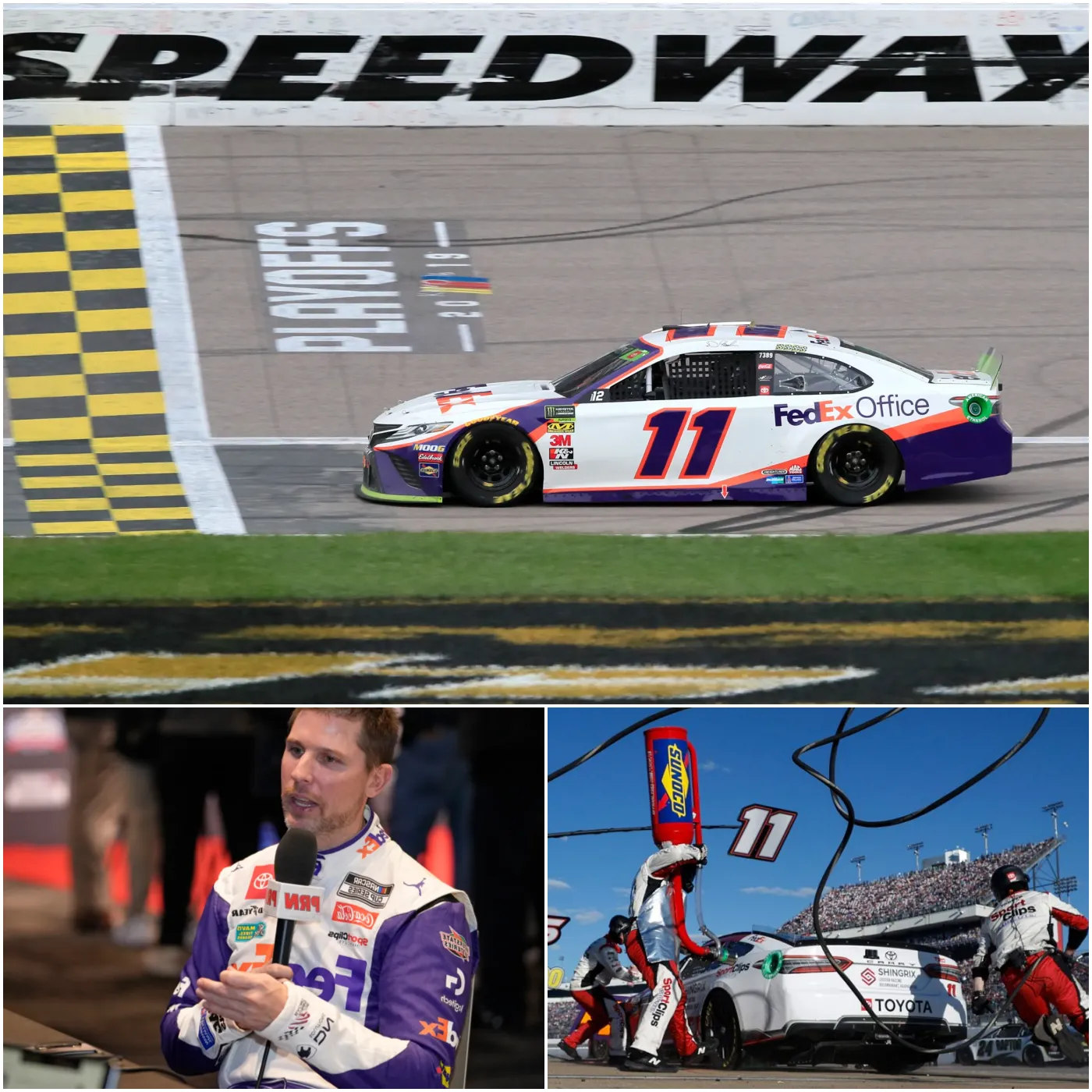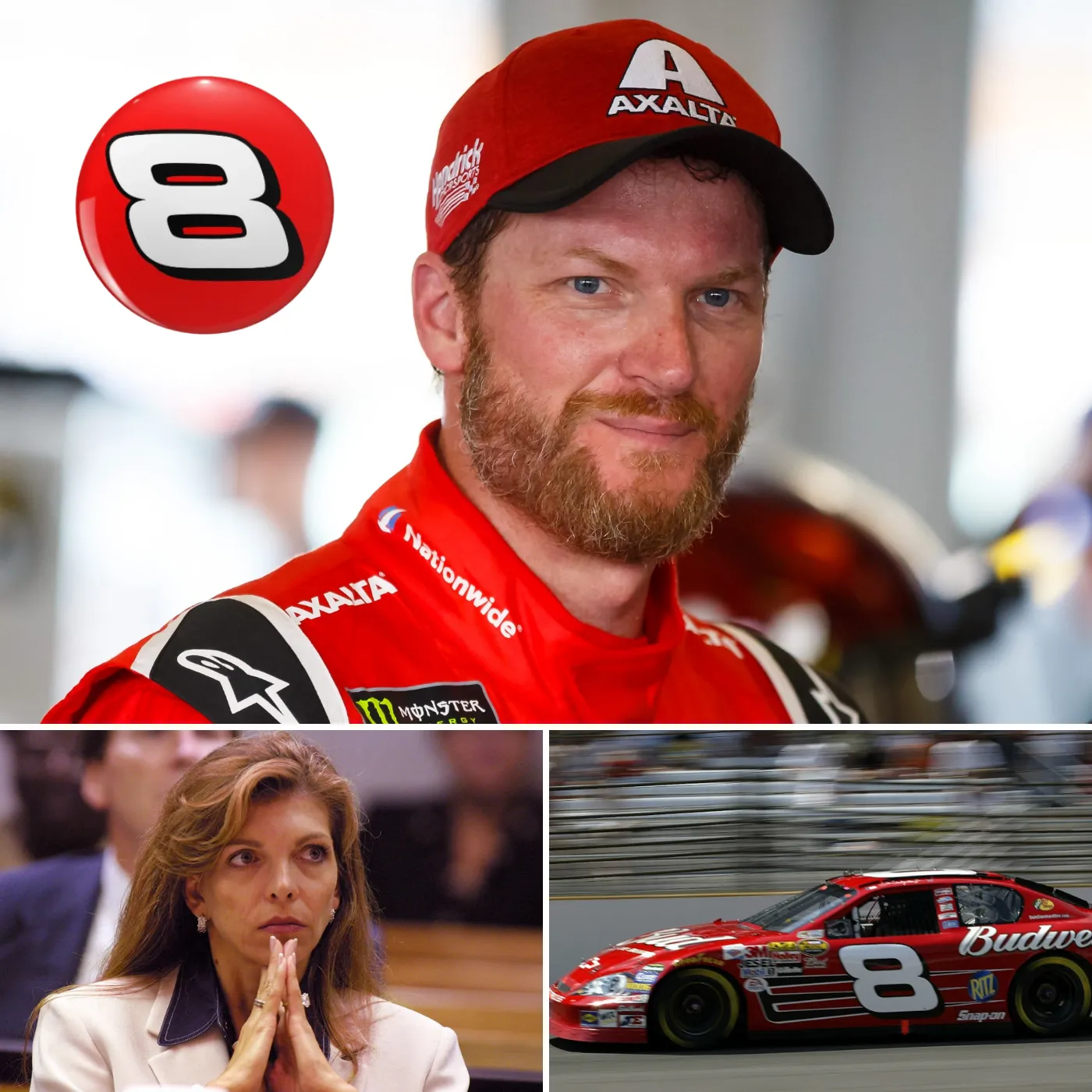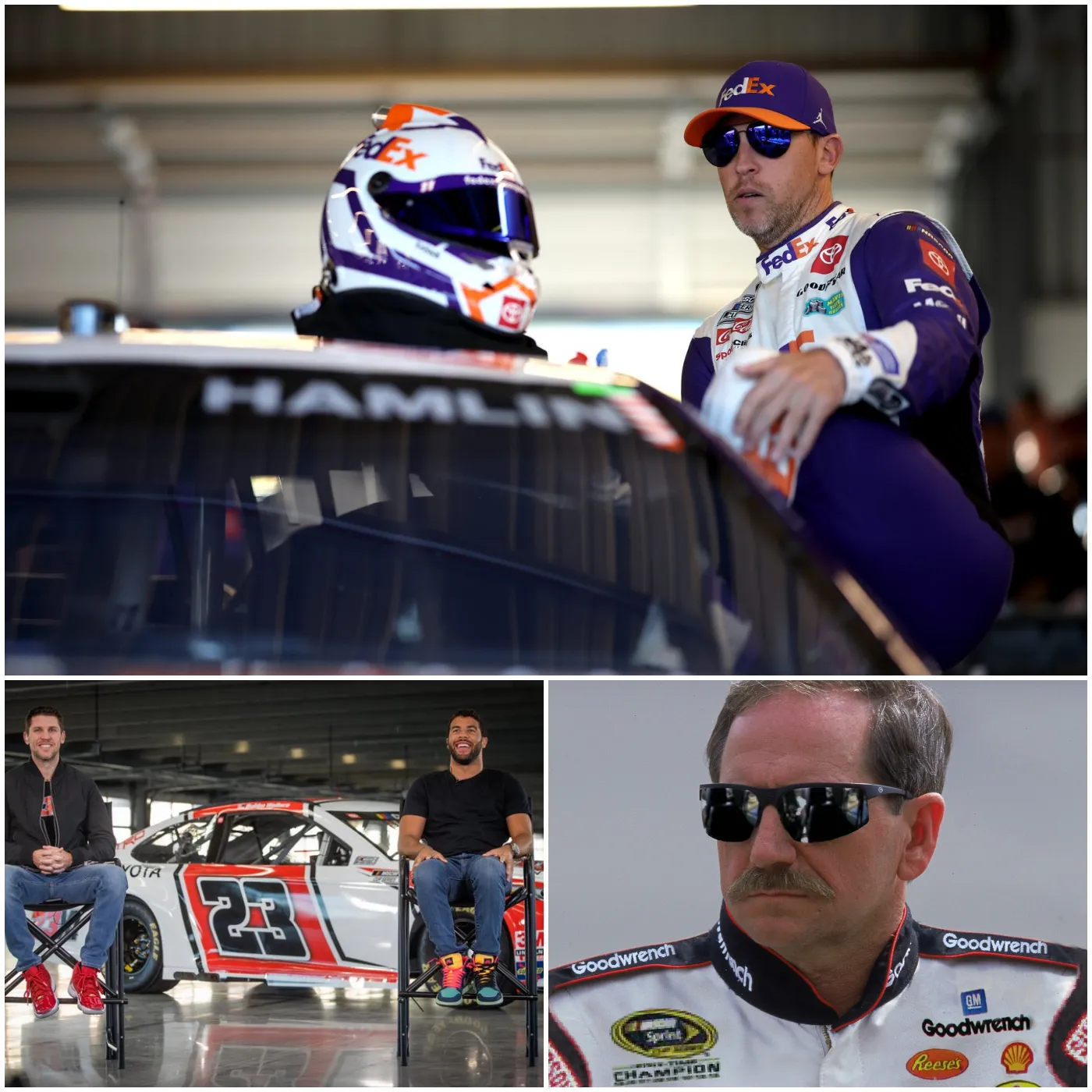In the high-octane world of NASCAR, every victory is a moment to celebrate. However, recent events surrounding Tyler Reddick’s stunning win have sparked controversy and disappointment among fans and industry insiders alike. The absence of NASCAR’s CEO during this pivotal moment has led to accusations that the organization is “cold-shouldering” Reddick’s achievement, igniting an outcry that has resonated throughout the motorsport community. Let’s explore the implications of this situation and what it means for NASCAR moving forward.
The Context of Reddick’s Victory
Tyler Reddick’s recent victory was a significant milestone not only for him personally but also for his team and fans. As a rising star in NASCAR, Reddick’s win showcased his incredible talent and determination, solidifying his position as a competitor to watch in the upcoming races.
Reddick’s win was marked by a series of impressive maneuvers and strategic decisions that demonstrated his racing acumen. Fans celebrated his achievement on social media, sharing highlights and expressing their excitement for his growing career. However, the joy of victory was overshadowed by the controversy surrounding NASCAR’s response.
In motorsport, victories are often met with fanfare and recognition from league officials. Drivers expect to be celebrated for their achievements, especially when they break through barriers or achieve significant milestones. Reddick’s victory warranted recognition, but the lack of acknowledgment from NASCAR leadership raised eyebrows among fans.
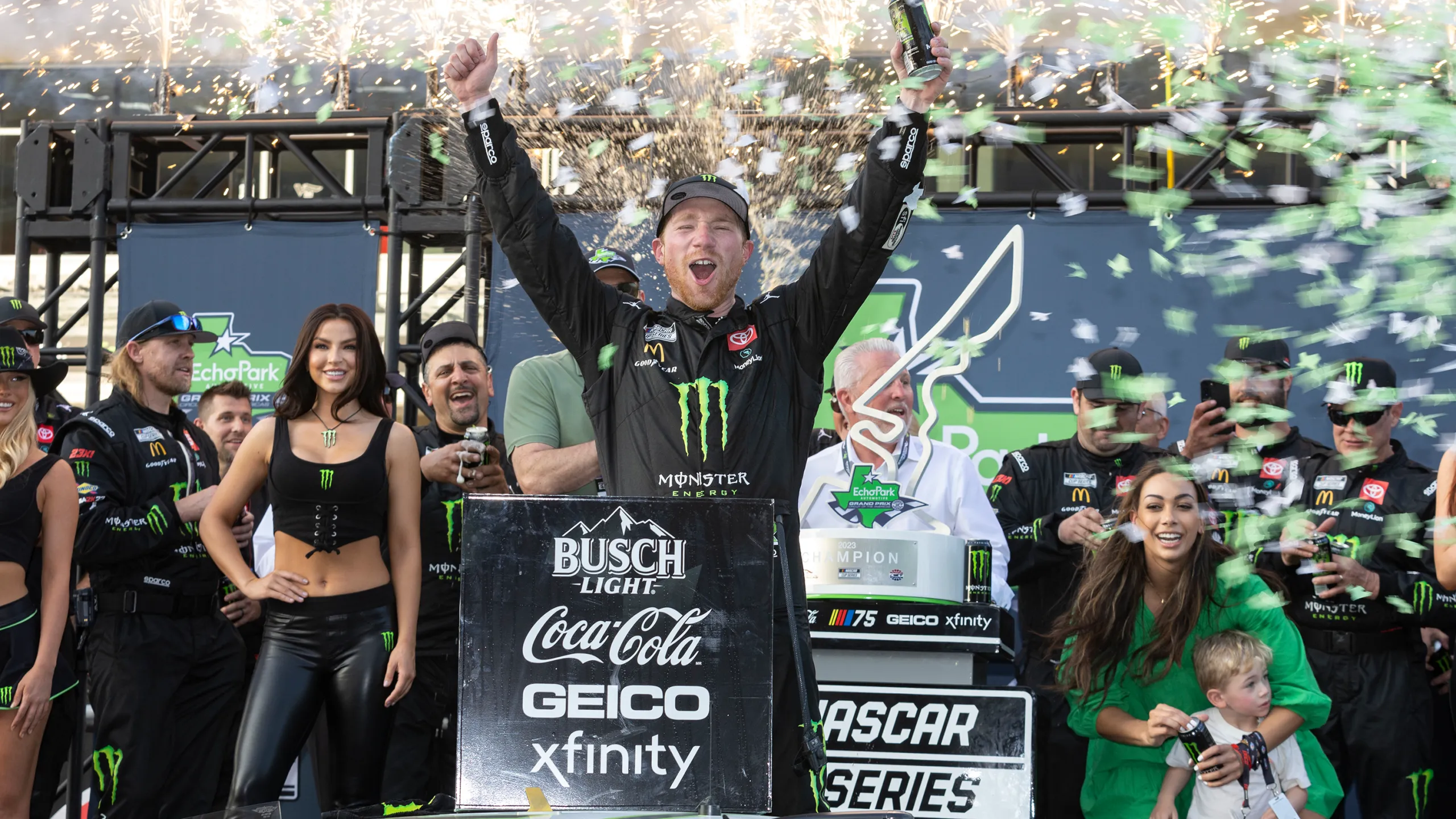
The CEO’s Absence: A Point of Contention
The absence of NASCAR’s CEO during Reddick’s victory celebrations has become a focal point of criticism. Many fans and analysts believe that this oversight reflects a deeper issue within the organization regarding support for its drivers.
By not attending the event, NASCAR’s CEO missed a prime opportunity to celebrate Reddick’s achievement and connect with fans. This absence was interpreted as a lack of support for the drivers and an indication that the leadership is disconnected from the grassroots of the sport.
Following the race, social media erupted with disappointment and frustration. Fans expressed their outrage over the perceived snub, questioning NASCAR’s commitment to its drivers. Hashtags like #SupportReddick trended, emphasizing the community’s desire for recognition and support from the league.
The Broader Implications for NASCAR
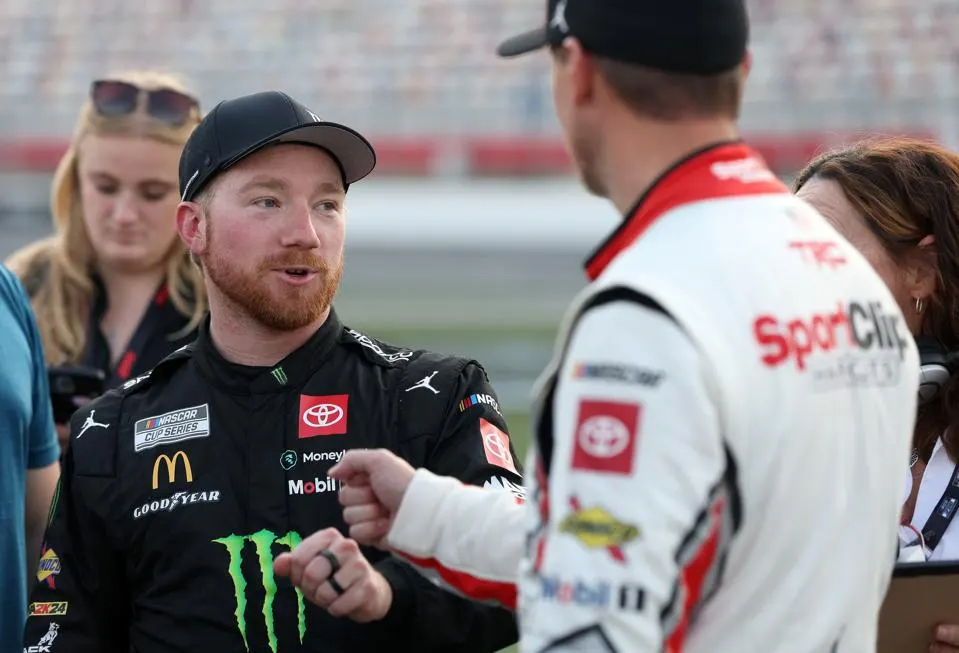
The fallout from Reddick’s win and the CEO’s absence raises important questions about NASCAR’s direction and its relationship with drivers and fans.
For NASCAR to thrive, fostering a positive culture that celebrates its athletes is crucial. Drivers like Reddick bring excitement and talent to the sport, and recognizing their achievements is essential for maintaining fan engagement. The organization must prioritize creating an environment that values its competitors.
The absence of leadership during key moments can create a perception of disconnect. NASCAR’s leadership needs to demonstrate a stronger presence at events and engage actively with drivers and fans. This engagement can help bridge the gap between management and the racing community, ensuring that everyone feels valued.
Conclusion: A Call for Change
The outcry following Tyler Reddick’s win and the absence of NASCAR’s CEO highlights the need for change within the organization. Fans and drivers alike deserve recognition and support, and it is essential for NASCAR to address these concerns to maintain its status as a premier motorsport.
As the dust settles on this controversy, it remains to be seen how NASCAR will respond. The organization has an opportunity to learn from this incident and strengthen its relationships with drivers and fans. By embracing a culture of recognition and support, NASCAR can ensure that all victories—big or small—are celebrated, fostering a thriving community that remains passionate about the sport. The future of NASCAR depends on its ability to adapt and prioritize the voices of those who make it great.
